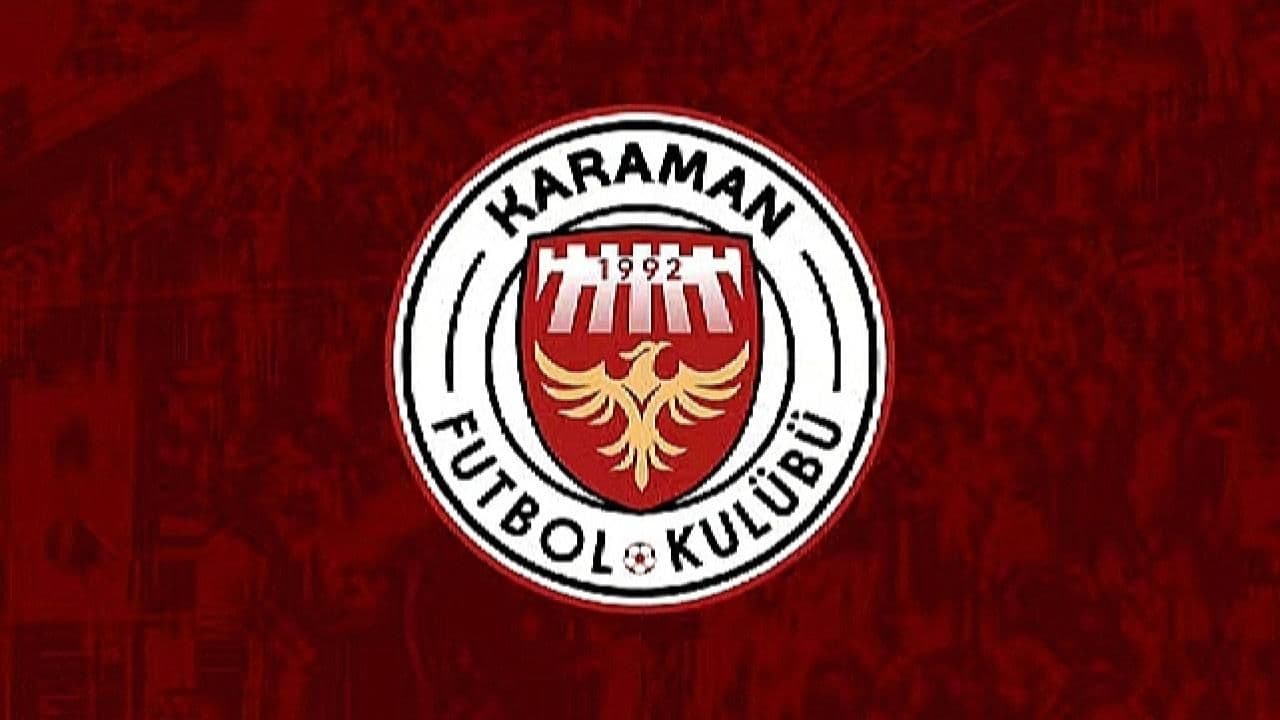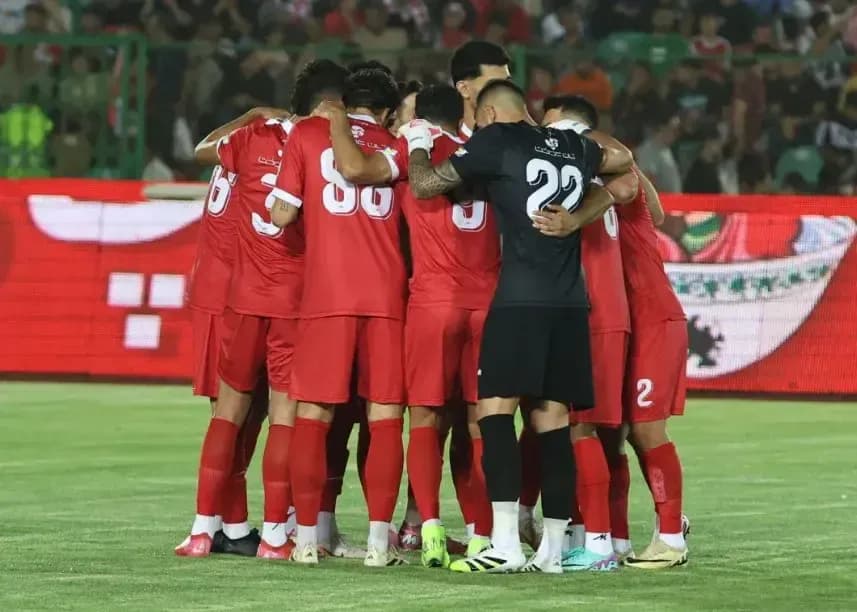Petrojet's Calculated Gambit: Balancing Ambition and Player Retention
Uncover Petrojet's bold transfer strategy: holding key players like Hamdan & Mohamed until league stability. A calculated gamble reshaping Egyptian football transfers.

The Unwavering Stance: Petrojet's Winter Transfer Lockdown
Petrojet, a name perhaps not always at the forefront of Egyptian football transfer sagas, has surprisingly emerged as a key player in shaping the upcoming winter window. Rather than engaging in the usual scramble to offload assets for quick cash, the club has adopted an unexpectedly firm position: a complete moratorium on player sales during the current summer transfer period. This resolute stance, confirmed by a source within the club to prominent sports broadcaster on On Sport FM, signals a deliberate strategic shift. Petrojet has communicated a clear intent to retain all its talents, including highly sought-after players like and , at least until a critical juncture in the season. Their plan is to assess the team's standing after the initial 14 rounds of the league campaign. Only then, with just six matches remaining in the first half of the season, will the club open its doors to negotiations, indicating a calculated approach to maximizing both sporting performance and market value. This initial lockdown sets a compelling precedent, challenging the conventional wisdom of immediate player monetization.

High Stakes & High Demands: The Hamdan and Mohamed Saga
The narrative around Petrojet's transfer policy truly crystallizes when examining the individual cases of and . Hamdan, a Palestinian midfielder, has openly expressed his desire to join , even going as far as to miss training sessions and friendly matches in an attempt to force a move. This player-driven pressure, a common sight in modern football, has met with an unyielding response from Petrojet. While the club acknowledges Hamdan's interest in Zamalek and has even granted the White Knights priority should a transfer materialize in January, they are far from capitulating. Petrojet's conditions are explicit and demanding: a substantial financial offer commensurate with Hamdan's capabilities, coupled with the prerequisite that the team maintains a strong, suitable position in the league table. Similarly, Tawfik Mohamed, another player drawing interest from giants like , faces the same stringent requirements. Despite reports of Al Ahly's interest, Petrojet confirms no official offers have been received, yet they are prepared to entertain discussions in the winter if the financial terms are satisfactory and the team's league standing is secure. This dual emphasis on financial gain and sporting stability highlights Petrojet's long-term vision.

The Blueprint for Stability: Why Petrojet Holds the Line
Petrojet's current transfer strategy isn't merely about holding out for more money; it’s a meticulously crafted blueprint for long-term stability and competitive strength. Their decision to defer all sales until after 14 league rounds isn't arbitrary. It speaks to a fundamental commitment to their current league campaign and a desire to avoid disrupting team cohesion prematurely. By keeping their key players, such as Hamdan, Mohamed, , and , Petrojet aims to secure a strong league position, which in turn enhances their bargaining power and overall club prestige. The underlying philosophy is clear: a successful team on the pitch translates directly into greater market leverage off it. They understand that selling players from a struggling side often yields less favorable terms. This patient, results-oriented approach signals a mature understanding of the football business, where immediate financial gratification is balanced against the strategic imperative of sporting performance. It’s a gamble, perhaps, but one rooted in a desire to build a resilient and formidable team rather than merely operating as a feeder club.

Echoes in Egyptian Football: A New Transfer Philosophy?
Petrojet's calculated gambit could well be more than just an isolated incident; it might signify a nascent shift in the transfer landscape. Traditionally, many smaller or mid-table clubs have often been compelled to sell their brightest talents at the earliest opportunity, often driven by immediate financial needs or the sheer magnetic pull of giants like and . However, Petrojet's firm stance, prioritizing both significant financial compensation and a strong league position, challenges this established order. If successful, this approach could empower other clubs to adopt similar strategies, fostering greater financial prudence and competitive balance within the league. It forces the larger clubs to truly value the players they covet, demanding more than just a token fee. This could lead to a more professionalized transfer market in Egypt, where clubs are less susceptible to short-term pressures and more focused on sustainable growth. The coming winter window will be a crucial test, revealing whether Petrojet's bold strategy is a one-off anomaly or the harbinger of a new, more strategic era in Egyptian football transfers.
Related Articles

Beyond the Lead: Petrolspor's November Crucible for Glory

Beyond the Lead: Petrolspor's November Crucible for Glory

The Architect of Al-Masry's Momentum: Unpacking Omar El Saai's Game-Defining Brilliance

The Architect of Al-Masry's Momentum: Unpacking Omar El Saai's Game-Defining Brilliance

Adjetey's Unstoppable Trajectory: Why Europe's Giants Are Scrambling for Basel's Defensive Diamond

Adjetey's Unstoppable Trajectory: Why Europe's Giants Are Scrambling for Basel's Defensive Diamond

Echoes of Europe, Sands of Saudi: Karl Toko Ekambi's Evolving Narrative
